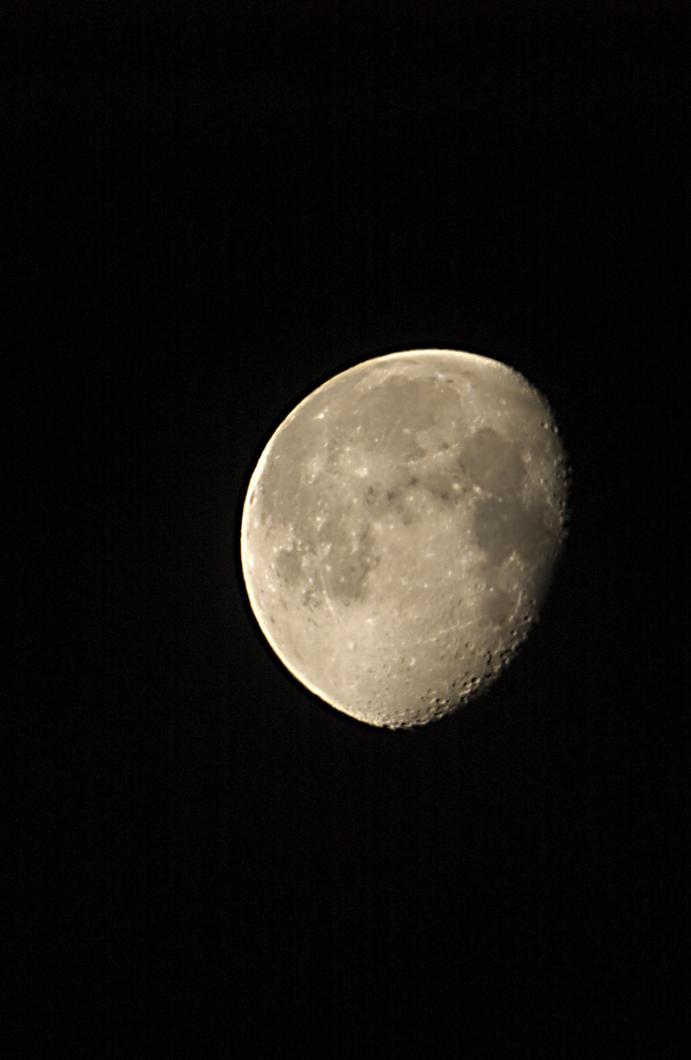At 8:30 p.m. tomorrow, the Island will go dark. Lights will be turned off, the ambient hum of computers will go silent. Candles will be lit, and people will sit back to enjoy the blaze from the fireplace. For one hour, for the third year in a row, the Vineyard will join with some 800 cities across the globe in flipping the switch, suspending, if only for a short time, our ever-growing energy use.
Earth Hour, as it is now called, is an international World Wildlife Fund initiative to raise awareness about global climate change. “It’s a symbolic thing, to raise awareness about energy conservation and energy efficiency, and to just give the planet a break,” said the Vineyard Conservation Society’s Earth Hour coordinator, Marnie Stanton.
The movement began in Sydney, Australia, four years ago, and has since spread to become the largest grassroots effort in history: individual homes, businesses and a number of iconic landmarks across the globe have all joined in the event. This year Paris’s Eiffel Tower, New York’s Empire State Building, and London’s Big Ben are on the list to turn out their lights to observe the hour. But the Vineyard, steps ahead of our mainland neighbors in efforts of conservation and sustainability, was the first stateside location to sign on for the worldwide lights out, in 2008.
“It was like the world and Martha’s Vineyard, said Ms. Stanton of the Island’s first year participating.
Since it began, the movement has grown exponentially, from around 2 million participants in 2007 to over a billion in 2009. With more than 80 countries participating this year, the number is sure to rise even more.
Locally, the conservation society has taken extra steps to make sure that everyone knows the drill; anyone interested in participating should turn off all nonessential lights and electronics for one hour, between 8:30 to 9:30 p.m. Saturday.
Felix Neck Wildlife Sanctuary, which will participate in Earth Hour for its third year, will also offer a chance for Islanders to celebrate the darkness in a guided night tour through their property. The event kicks off at 8 p.m., and once the lights go down, the group will set out with flashlights to try to catch a glimpse of an owl or woodcock, and listen for the pinkletinks. During the nature walk, guides will talk about nocturnal animals and their different adaptations for living in the night. “There you are, and it’s all dark, and people are carrying lanterns or flashlights,” said Ms. Stanton. “They’ve done it in the past and it’s really nice.”
NSTAR Electric has tracked energy savings during Earth Hour for the past two years, and it was estimated that some 1,300 Island homes participated last year, up from roughly 1,000 in 2008. NSTAR reported that last year’s savings totaled 1.5 megawatts of energy.
Multiplied by the number of participants across the planet, the energy savings during Earth Hour are massive, but Ms. Stanton said that it’s important to remember that it’s not necessary to have a worldwide event to be more conservative about energy use.
“The Vineyard Conservation Society has always been very much involved in energy conservation and land conservation, so this is an extension of what we’ve always promoted,” she said. “But what can the individual do?”
Plenty, it seems. Turning out lights when they aren’t in use is a simple, if obvious, place to start. Replacing standard lightbulbs with energy efficient compact fluorescent or LED certified bulbs is even better. In a notice sent to town selectmen boards about Earth Hour, the conservation society wrote a long list of steps people can take to reduce their carbon footprint.
Drive less, walk more. Install motion sensors or automatic timers on outdoor lighting systems. Plant a tree to absorb carbon dioxide. Ride a bike, and switch off that power strip under your computer desk when it’s not in use.
One of the most effective ways to keep energy use down is firt to figure out where it’s being wasted. Home energy audits are offered through Cape Light Compact, which also offers homeowners discounts on increased efficiency measures. For details on these audits, call 1-800-797-6699.
“We had one done on our house, and it was amazing,” said Ms. Stanton. “They go all over your house, they check for leaks and insulation, and they check all of your appliances to see which ones are efficient.” Once the final report comes in, Cape Light will cover a portion of the costs to replace old appliances and make improvements, depending on income. And it’s good for the wallet, as well as for the environment.
“It really makes a difference,” said Ms. Stanton. “It’s so much tighter now, and it costs so much less to heat the place,” she added of her own home. “Instead of heating the whole outdoors, you’re heating just the interior.”
It might not sound like much, but every individual effort to conserve energy adds up, said Ms. Stanton. The idea of the global lights out is to start small, get people used to turning off nonessential lights and electronics for one hour, and hope that it will help people to establish energy-saving habits in the future.
“There’s a huge groundswell of concern that people have for saving the planet,” said Ms. Stanton. “We’re all working to raise awareness as much as we can. Who wants to soil your own nest?” she said.








Comments (2)
Comments
Comment policy »